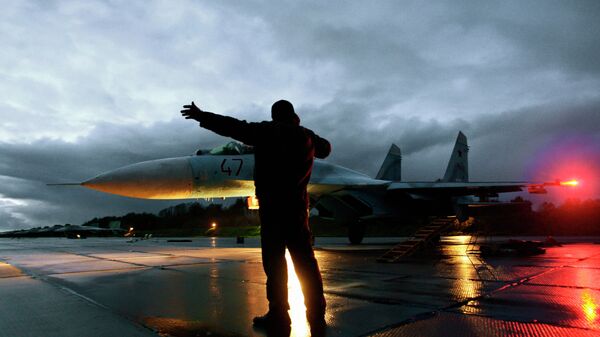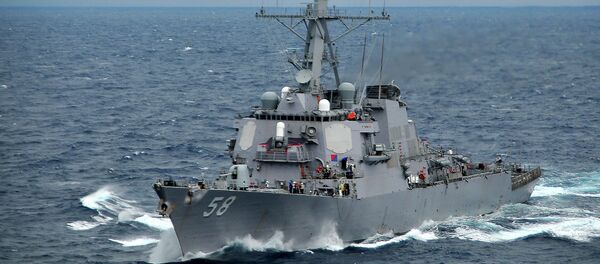General Bradshaw, who presently serves as NATO's Deputy Supreme Allied Commander in Europe, noted that Russia shadows and gathers info about "NATO nation naval units in the Baltic, the Atlantic, the Mediterranean and the Black Sea, using methods that can be considered reckless and sometimes aggressive."
The senior commander added that this is a consequence of Russia's growing international maritime presence in recent years.
The Russian Ministry of Defense recently reiterated that the intensity of combat training of NATO forces near Russian borders has increased significantly over the past year-and-a-half, making it clear that the defensive organization's 'imaginary enemy' is clearly represented by Russia. The Russian Foreign Ministry has also repeatedly voiced its concerns over NATO saber-rattling, warning that it could undermine European stability and security.
British Vice Admiral Peter Hudson told the NATO naval conference that the organization will have to focus on improving its force projection capabilities on land using amphibious units and air power. "At the height of the Cold War in the '60s and '70s, the striking power of the US Navy, the delivery of large amounts of land forces to support Europe was quite a sophisticated art. You'll see a lot of our exercises in recent years, and certainly ones that are coming up in the future, are working hard to bring that capability back."





